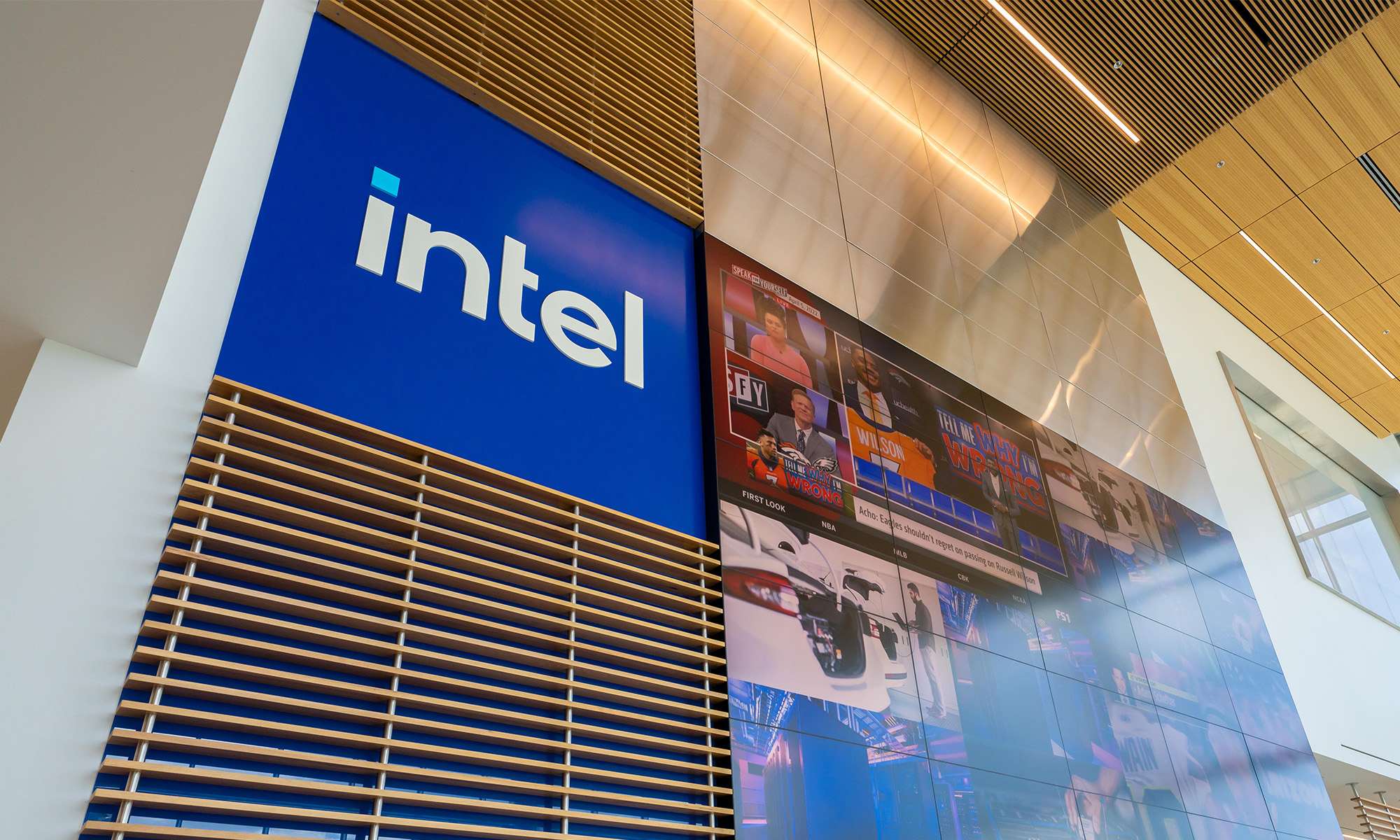By now, it's become pretty clear that the rise of tablets and smartphones has taken a toll on the PC industry. It's not that the PC is "dying," per se -- it's that the rapid proliferation of affordable mobile computing devices has prolonged the consumer PC replacement cycle. This year, it's expected that the average selling price of a tablet will decline by 10.8% to $381, which is nearly half the average selling price of a PC. As a result, IDC anticipates that worldwide PC shipments will experience their second year of decline, whereas worldwide tablets shipments are now expected to surpass worldwide portable PC shipments.
Since tablets have become so popular, PC makers have been working to make the PC computing experience more tablet-like. Features like touch screens, all-day battery life, and slim form factors are being incorporated into PC designs to help make PCs more competitive against the more affordable tablet.
Now that's an Ultrabook
Intel (INTC +0.30%) has been trying to sell the public on the Ultrabook concept for over two years without much success. Aside from differing prices and form factors, it's been difficult for consumers to distinguish the difference between Ultrabooks and other laptops because the technology inside was essentially the same. Well, that's all about to change with the introduction of Intel Haswell, the first chip family specifically designed for Ultrabooks.
The key selling points of Haswell-powered devices will be the combination of improved performance and significantly better battery life, housed in a sleek form factor. During active workloads, Haswell is expected to offer 50% better battery life than previous generations, which in many cases will translate to all-day battery life.
Thanks to Haswell's advancements, a sea of modernized convertibles will begin flooding the market this year. Convertibles, or "2-in-1" devices as Intel calls them, have the ability to operate in "clamshell" or "tablet" modes, depending if the touch screen is detached or swiveled away from the keyboard. By the end of the year, Intel expects that 50 convertible Ultrabooks will hit the market, with some starting at a $699 price point.
Too high?
As much as Intel would like to believe that $699 convertibles will resonate well with consumers since they offer the best of both worlds, the price point seems to disregard the fact that everyday users will likely be comparing convertibles to cheaper alternatives. By the holiday season, Intel expects laptops with touch screens powered by Intel Bay Trail could start at $200. Couple this with the sea of sub-$200 tablets currently available, and there are plenty of compelling low-cost options for the everyday user.
If there's one thing that the inexpensive tablet has proven, it's that the everyday user doesn't need much more than that. Why would it be any different for PCs?





